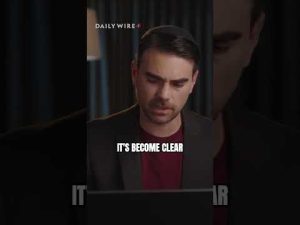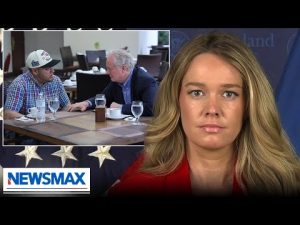The latest developments from the Supreme Court regarding LGBTQ+ content in schools invite serious consideration for conservative parents and lawmakers alike. A recent hearing focused on whether parents in Montgomery County can demand the removal of certain materials, deemed by many as “propaganda,” from elementary school classrooms. As the case unfolds, it offers a perspective on the challenges faced by families and educators in navigating the increasingly complex landscape of educational content and parental rights.
During the hearing, it was noted that conservative justices exhibited a surprising level of empathy towards the parents’ claims. Many raised concerns about the Montgomery County Board of Education’s failure to offer an opt-out option, which could allow parents to preserve their children’s exposure to only what they deem age-appropriate. This point illuminated a broader discourse: should parents have the ultimate say in their children’s education, particularly regarding controversial subjects? It appears that even within the liberal majority in education, a realization is dawning about the rights of parents, especially when it comes to religious beliefs and values.
Interestingly, one of the justices pointed out that the board’s dismissal of parental objections could stem from an underlying bias against religious beliefs. This raises a crucial question: why would an educational institution, designed to support students’ diversities, turn a blind eye to the deeply ingrained beliefs of many families? This attitude reflects a larger trend—one entrenched in the misconception that all religious objections are merely a front for bigotry. A fascinating moment during the proceedings was when Justice Gorsuch referenced a former board member who likened dissenting parents to white supremacists protesting civil rights. This unfortunate conflation illustrates a common leftist tactic to delegitimize sincere beliefs and sidestep meaningful debate.
In a related vein, the Trump administration’s recent launch of a task force aimed at identifying and addressing anti-Christian bias within the federal government stands as a necessary initiative in the current political climate. Organized by Attorney General Pamela Bondi, this task force aims to highlight the discrimination faced by peaceful Christians under the Biden administration. It is an essential step in protecting the rights of individuals who adhere to their faith in a society often hostile to traditional beliefs. Given that many Americans cherish their right to worship openly, addressing such biases seems not only prudent but paramount.
This highlights a critical juncture for conservatives. The intertwining of educational policies and religious beliefs comes into sharp focus when considering current trends toward diversity, equity, and inclusion, which often appear to disproportionately target traditional Christian values. This reality is compounded by the administration’s apparent prioritization of certain identities over others, leading to a perception of injustice among white Christians. The urgency for a broader conversation about fairness in education and government practice cannot be overstated, particularly as society continues to grapple with these contentious issues.
Meanwhile, the media landscape does not fare much better in terms of independence and integrity. The recent resignation of “60 Minutes” top producer, amid allegations of biased reporting, raises eyebrows about editorial independence. If the Obama administration clamped down on media narratives to protect its image, it’s no wonder ongoing scrutiny surrounds news outlets now under pressure. If media outlets cannot maintain their independence, how can the public trust them to relay accurate information? This complexity is beneficial to the conservative narrative, where an increasingly aware audience seeks transparency from the outlets that wield significant influence over public opinion.
In summary, current events reveal a clamoring need for dialogue about parental rights in education, the legitimacy of religious beliefs, and the integrity of news reporting. The Supreme Court’s hearing, the Trump administration’s anti-bias task force, and the ongoing evolution of media standards all reflect broader societal tensions at play. For conservative readers, these stories encapsulate an ongoing battle for the soul of education, equal representation in governance, and trustworthiness in media—all critical pillars that stake a strong claim in shaping the future of America. Amid the myriad challenges, one thing remains clear: the pursuit of equitable treatment rooted in authentic beliefs is more relevant now than ever.







